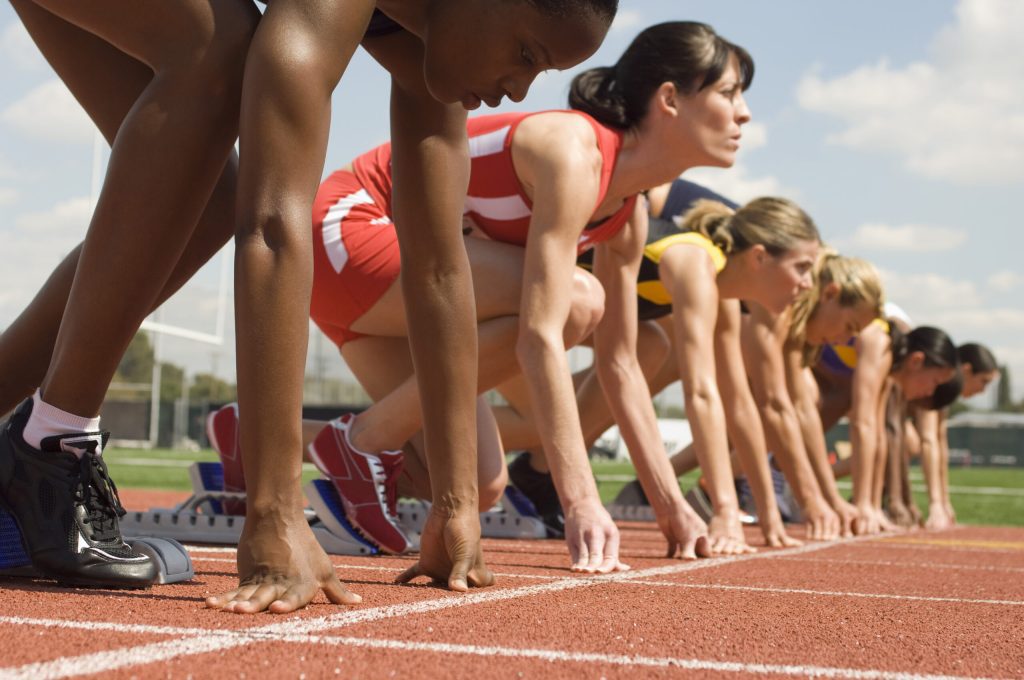Recent research suggests that transgender women may actually have disadvantages compared to cisgender women in sports, dealing a blow to the conservative, anti-trans argument.
A recent study, partially funded by the International Olympic Committee (IOC) and published in the British Journal of Sports Medicine, compared the athletic abilities of 35 trans athletes with those of 40 cisgender athletes, focusing on cardiovascular performance, strength, and lower-body power in different groups.
The study found that trans women had decreased lung function and similar bone density to cis women, and also performed worse than cis women in certain tests, suggesting that using cisgender men as proxies for transgender women athletes is inadequate.
The study challenges the argument that trans women’s athletic abilities are indistinguishable from those of cisgender men, emphasizing the need to treat trans women as distinct from cisgender men in sports guidelines. The lead researcher highlighted the irrelevance of research comparing biological men to biological women in this debate and stressed that such comparisons should not inform policy. Sibling site Outsportsand
The study’s authors acknowledged the limitations of their research and called for further long-term studies to confirm their findings and cautioned against blanket bans on trans women in sports.
The authors also recommended a long-term study to confirm the relationship between their findings and gender-affirming hormone therapy (GAHT) and advised against precautionary bans not based on relevant research.
During a panel at the SportAccord summit in Birmingham, the lead researcher expressed hope that the new research would convince the IOC to fund further research. Outsports and explained that the study aims to make it easier for smaller sports federations to develop their own guidelines for trans inclusion.
He thinks most organizations will probably follow the big federations in banning trans athletes. He also believes that these big federations are unlikely to change their stance because they are too committed and don't base their decisions on science or evidence. Their main goal is to please their members and their decisions are based on politics rather than science.
Journalist Katelyn Burns, who works for MSNBC,
expressed skepticism about the study's potential impact on anti-trans legislation. Burns doubted that the study would change anti-trans laws in conservative legislatures. She believes that the trans athlete debate is not really about fairness or safety in women’s sports, but rather about establishing legal definitions of trans women as men in order to pass more anti-trans laws unrelated to sports.Burns is hopeful that the research will convince sports administrators who support trans bans that their assumptions and arguments about trans bodies are incorrect. She sees the new study as a validation for trans athletes, writers, and advocates who have been trying to explain to the public that trans bodies are different from cisgender bodies.
New research demonstrates the differences between the bodies of trans and cisgender people.
Still, Burns is hopeful that the research will show sports administrators “who’ve gone all in on trans bans” that “science is showing their assumptions and arguments [about trans bodies] to be wrong.” The new study, she wrote, is “a vindication for the many trans athletes, writers, and advocates who’ve spent a lot of time and effort trying to explain to general audiences that trans bodies differ greatly from cisgender bodies.”









